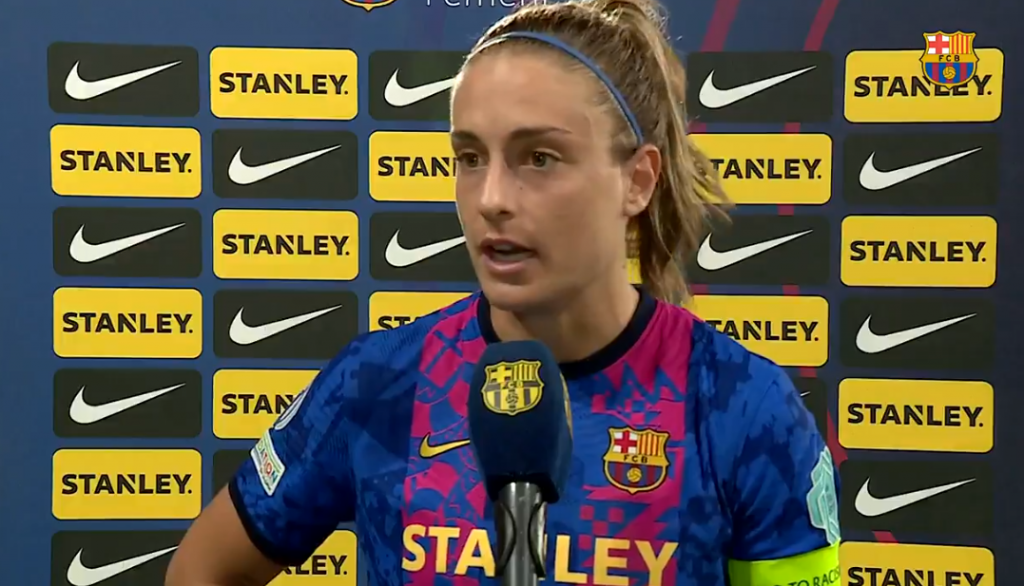Last week, people with cystic fibrosis could rejoice since the Régie de l’assurance maladie du Québec (RAMQ) now agrees to reimburse the drug Trikafta. However, for Émilie Boulianne de Tadoussac, one should not claim victory too quickly since her private insurance is delaying her access to this promising but expensive treatment.
“Since September 14, I have been working to obtain this new drug, which improves the quality of life of people with the disease. Initially, my insurance companies had agreed to reimburse part of the treatment which costs more than $ 300,000 per year. But, once returned to the pharmacy, that did not pass any more, tells from the outset the young woman of 31 years, confused.
However, Emilie’s doctor had taken the trouble to check if the drug was indeed reimbursed by her private insurance.
“We have proof that they had been accepted, but the Village program (which reimburses the balance of the drug) and the insurance companies have not stopped throwing the ball. They no longer knew what to say to me, ”laments Ms. Boulianne.
After several days of waiting, Émilie got an answer. “After analysis on their side, I received a call confirming that they regretted it, but that it was a mistake. They could not reimburse the treatment, ”says Ms. Boulianne.
Finally, a good news comes shortly after, at the end of September. Trikafta is added to the list of drugs covered by the RAMQ.
“I was really happy. I told myself that I would finally have access to the miracle treatment. So I contact my insurance again. They ask me to return all the documents as well as the RAMQ form, which I hasten to do. But once again, nothing is moving, ”says the Tadoussacienne.
“We did not receive your documents, it is not the right form”, here are examples of the response obtained by Émilie Boulianne, who is impatient.
“I did everything they (the Village program and insurance) asked me and I still have no feedback, she says. I am running out of solutions, everyone is confused and I have no follow-up. “
If everything had gone as planned, the resident of Tadoussac would begin her trikafta treatment this Friday, October 8.
Now the start of medication is compromised. “They would have to make a decision today for that to happen, while the trikafta is delivered from Montreal until now,” adds the young woman.
Miracle drug
Émilie Boulianne describes Trikafta as a miracle drug since it would allow her to increase her lung capacity from 35% to 55%, increase her life expectancy from nine to ten years more and prevent her from having a transplant of both lungs.
“That’s without counting the decrease in secretions and coughing, and the increase in energy,” proclaims Émilie.
Quebec is the fourth province to fund the Trikafta treatment. A Canadian study published in the Journal of Cystic Fibrosis shows that access to Trikafta as early as 2021 would have significant health benefits for Canadians with cystic fibrosis.
“By 2030, Trikafta could reduce the number of people living with severe lung disease by 60% and reduce the number of deaths by 15%,” says Cystic Fibrosis Canada on its website.
Study findings show significantly slower disease progression with an 18% increase in people with mild lung disease and 19% fewer hospitalizations or intravenous antibiotic treatment at home for exacerbations pulmonary. The median survival age of children born with cystic fibrosis is estimated to increase by over 9.2 years.
Note that cystic fibrosis is the most common fatal disease in Canadian children and young adults. There is no cure.
It affects different organs, but especially the digestive system and the lungs. The degree to which the disease affects the body differs from person to person.
Émilie Boulianne was diagnosed at the age of two.


